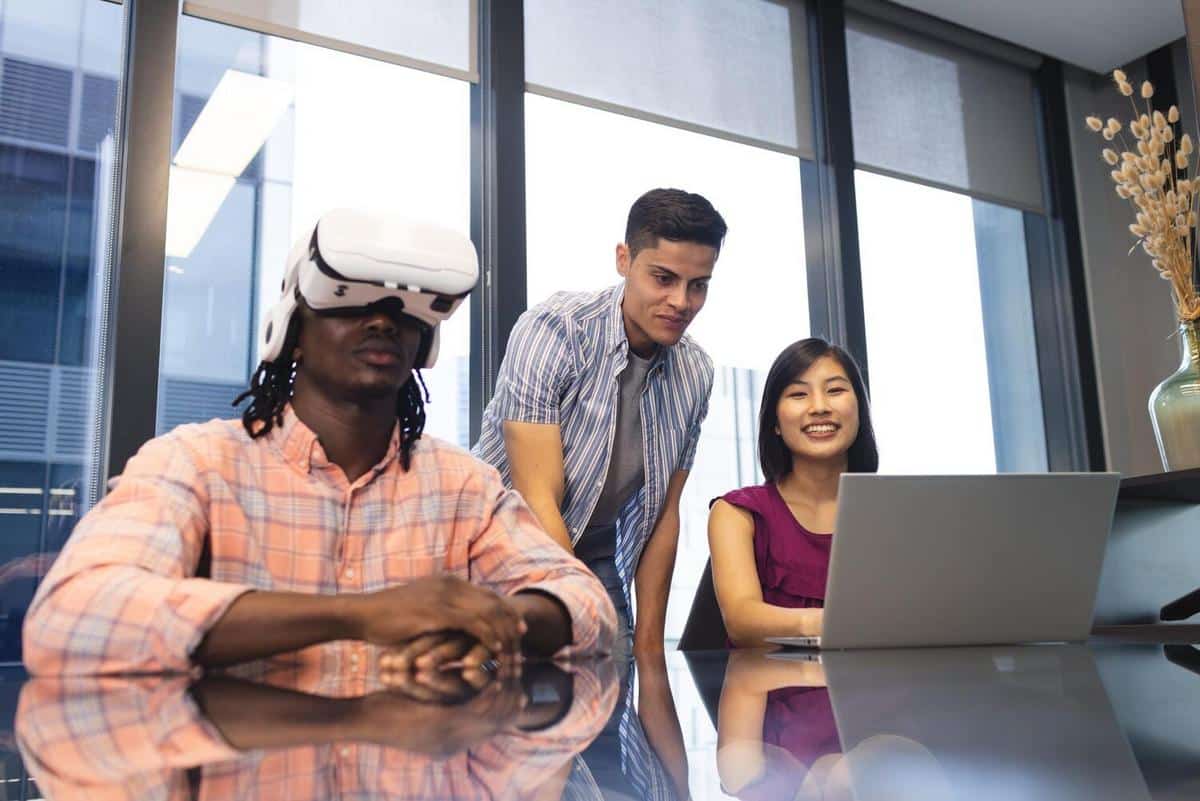
Preparing for Jobs of the Future: A Guide to Adaptive Learning
As the landscape of employment continues to evolve, preparing for the jobs of the future has become an essential consideration for both individuals and organizations. Adaptive learning is emerging as a pivotal strategy in equipping the workforce with the skills necessary to thrive in this dynamic environment.
Understanding Adaptive Learning
Adaptive learning tailors educational experiences to the individual needs of learners. By leveraging technology, it customizes the pace and style of learning to suit diverse preferences and abilities. This approach is particularly relevant in preparing for future jobs, where flexibility and specialized skills are key.
Why Adaptive Learning Matters
According to a report by the World Economic Forum, 50% of all employees will need reskilling by 2025 as adoption of technology increases. Adaptive learning can provide the personalized approach necessary to meet these needs, ensuring that learners are not only absorbing information but are also applying it effectively.
Expert Insights
Education expert, Dr. Lisa Robinson, notes, “Adaptive learning is not just a trend; it’s a necessary evolution in the way we approach skill development. It allows for a more personalized education, which is critical in preparing for rapidly changing job markets.”
Real-World Application
Consider the story of Alex, a software developer who utilized an adaptive learning platform to master new programming languages. This personalized approach allowed Alex to focus on areas of weakness, resulting in a promotion and a significant career advancement.
Actionable Tips for Embracing Adaptive Learning
- Identify your learning style and seek out adaptive platforms that cater to your preferences.
- Set clear career goals to tailor your learning path effectively.
- Engage with online communities to share experiences and gain insights.
- Regularly evaluate your progress and adjust your learning strategy as needed.
Comparison Table: Traditional vs. Adaptive Learning
| Aspect | Traditional Learning | Adaptive Learning |
|---|---|---|
| Pace | Fixed | Variable, based on learner needs |
| Content Delivery | Uniform for all | Customized to individual learners |
| Feedback | Generalized | Personalized and immediate |
| Engagement | Passive | Interactive and engaging |
| Focus | One-size-fits-all | Tailored learning paths |
| Assessment | Standardized | Ongoing and adaptive |
| Technology Use | Minimal | Integral to the learning process |
| Outcome | Uniform knowledge acquisition | Skill mastery and application |
Additional Resources
- Khan Academy – Offers personalized learning resources.
- Coursera – Provides courses that adapt to your learning style.
FAQ
What is adaptive learning?
Adaptive learning is a method that customizes educational experiences to fit the individual needs of learners, often using technology to tailor the pace and content.
How does adaptive learning benefit career development?
It allows learners to focus on specific areas of improvement, facilitating skill mastery and making them more competitive in the job market.
Are there any free adaptive learning resources available?
Yes, platforms like Khan Academy offer free resources that adapt to individual learning needs.
Conclusion
Preparing for the jobs of the future requires a proactive approach to learning, and adaptive learning provides a powerful framework for developing the necessary skills. By embracing this personalized method, individuals can ensure they are not only ready for the challenges of tomorrow but can also excel in their chosen careers. Consider integrating adaptive learning into your skill development strategy today to stay ahead in the ever-evolving job market.


